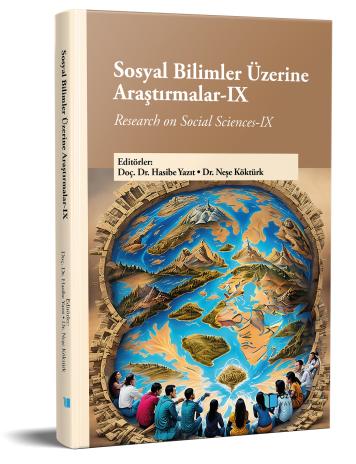
Effect Of High Dose D-Cycloserine on NMDA Receptor in Conditioned Context Aversion
Chapter from the book:
Yazıt,
H.
&
Köktürk,
N.
(eds.)
2023.
Research on Social Sciences- IX.
Synopsis
Conditioned context aversion (CCA) is an example of classical conditioning, defined as an aversion that develops towards stimuli in the context when the environment is associated with illness. In the context of associative learning, it is believed that the strengthening of synaptic connections requires the activation of the N-methyl-D-aspartate (NMDA) receptor for CCA learning. However, there is insufficient research regarding the role of the NMDA receptor in CCA learning. Although D-cycloserine (DCS), known as a partial agonist of the NMDA receptor, binding to glycine, thereby increasing neurotransmission, there are studies indicating that high or frequent doses can have an opposite effect and function as an antagonist. In our study, the effect of systemic administration of DCS on CCA learning was investigated in CD1 male mice. For this purpose, 320 mg/kg of DCS was injected into the animals 15 minutes before the beginning of conditioning. Five minutes after the start of conditioning, lithium chloride (LiCl) injections were administered to induce illness in the experimental animals, while sodium chloride (NaCl) injections were given in the control group. Two days after conditioning, a memory test was conducted, taking into account the animals' water consumption to assess whether CCA learning occurred. The results showed that animals receiving 320 mg/kg of DCS did not develop CCA. These findings support our experiment's hypothesis that high-dose DCS behaves as an NMDA receptor antagonist.

